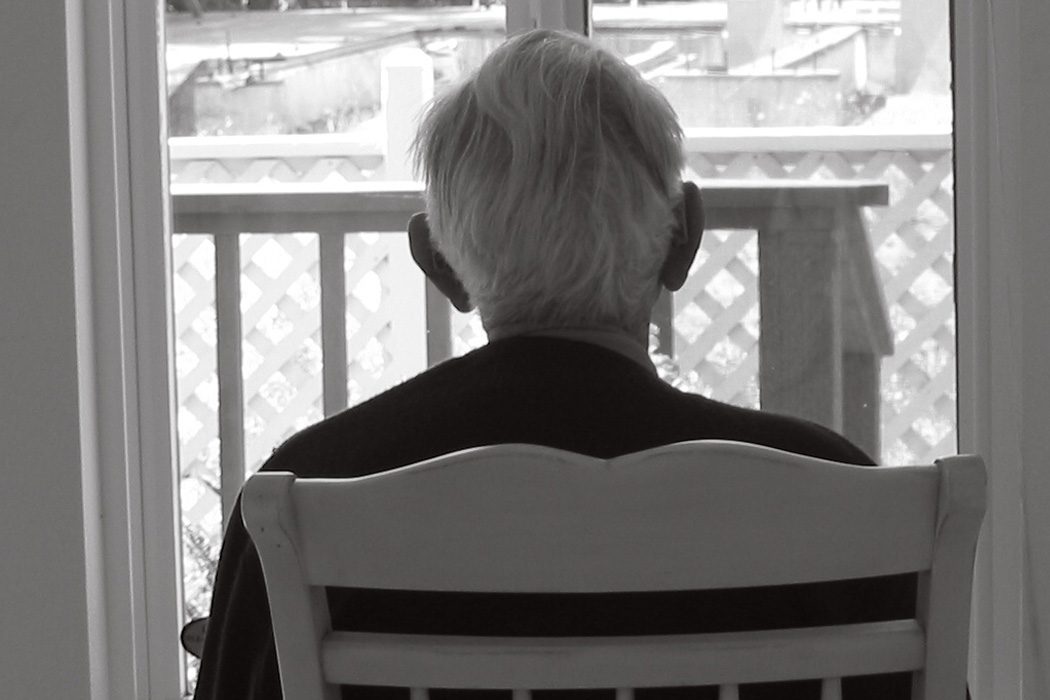Sabbatical.
Professor So-And-So is on sabbatical.
That’s quite special and important, isn’t it? That time away is practically holy. (What does one actually do while on sabbatical, anyway?) So mysterious…
But not really.
Sabbath, from the Hebrew word shavat, means “to cease.” But sabbatical is much more significant than a brief sit-down. If you are imagining an airy retreat center with sunlight gleaming through impossibly high windows upon wooden floors, tucked away in the Colorado Rockies, punctuated only by the daily gong of a meditation bowl and maybe a waterfall, you are on the right track but only partially correct. It is more relevant than a vast and mystical expanse of time that intellectually deserved people must experience in order to refuel their impossibly brilliant brains. Sabbatical is more accessible than that.
Lauren Winner, Jew-turned-Christian and author of Mudhouse Sabbath, longs for the Sabbath she grew up with:
“a true cessation from the rhythms of work and world, a time wholly set apart” in order to reorient one’s attention toward God.
Hmmm… where, exactly does one find this time, and where does one set it?
I have not yet been invited to the table of professorship and therefore, do not work full-time at one thing. Instead, I wonder from one semester to another whether I’ll teach one course or two, or maybe three, which is usually too much given the other commitments I often commit to during the lean semesters, not realizing that I’ll struggle to juggle them during the fatter times. Adjunct life—it’s a riot. You might think that I have plenty of opportunity for pseudo-sabbaticals given my lack of full-time-ness, but apparently, I don’t.
And it’s my own damned fault.
“Let go of rigid rules that do not serve humanity—the sabbatical is for man, not the other way around,” says Jesus. In other words, get over yourself—the world will carry on without you for a minute.
As an unofficial member of an unofficial club of educators whose office is no more than a Wi-Fi connection, my “workday” is comprised of chunks: make coffee, skim university e-mails, take daughter to school balancing hot cup of coffee while also praying not to be pulled over and forced to expose my bra-less self to more properly attired drivers, read e-mails, feed dogs, respond to a few of said e-mails while breathing deeply and resisting the urge to tell students to get a fucking grip, post weekly announcement, more coffee, dammit—what time did the pest guy say he was coming over to spray?—check clock—9:20, so if I grade one essay per half hour plus phone conferences plus monitoring discussion boards for trolls and other generalized forms of stupidity, I’m making about… how much per hour? Shit, who are the dogs barking at? Pest guy isn’t due until noon. Phew—that gives me time to shower. Right after I figure out why my Wi-Fi connection keeps cutting out.
Ah…cutting out. Wouldn’t I love to! From the distance of a cubicle in some other profession, I should be able to squeeze a whole mess of mini-sabbaticals in here somewhere, right? Yeah, I know. But I don’t.
“God works in us while we rest in him,” says Merton. We do not rest in order to recharge for more of the same. We rest in God so that we may be strengthened by Him, and inspired to glorify Him.
Sometimes, I set my phone alarm for 15 minutes and try to engage in such mental rest. I don’t give God much time. Do I think I’m not important enough for it? Not sophisticated enough? Not Jewish enough? Not Christian enough? Maybe I’ve been waiting for permission. Or a user’s guide. And based on the conversations I have with others who also long for this elusive “time set apart,” perhaps it’s time I just write one.
Here it is: A How-To Manual For The Sabbath In Addition To All Of The Other Stuff We Say Yes To.
1. Sit still.
2. No, really. Put your phone in another room on silent, close your laptop, and sit the fuck down.
3. Breathe and think about God.
4. Repeat.
5. There. You just engaged in shabhat. Is there anyone in the room telling you that you can’t call it that? No. I didn’t think so.
You’re welcome.





